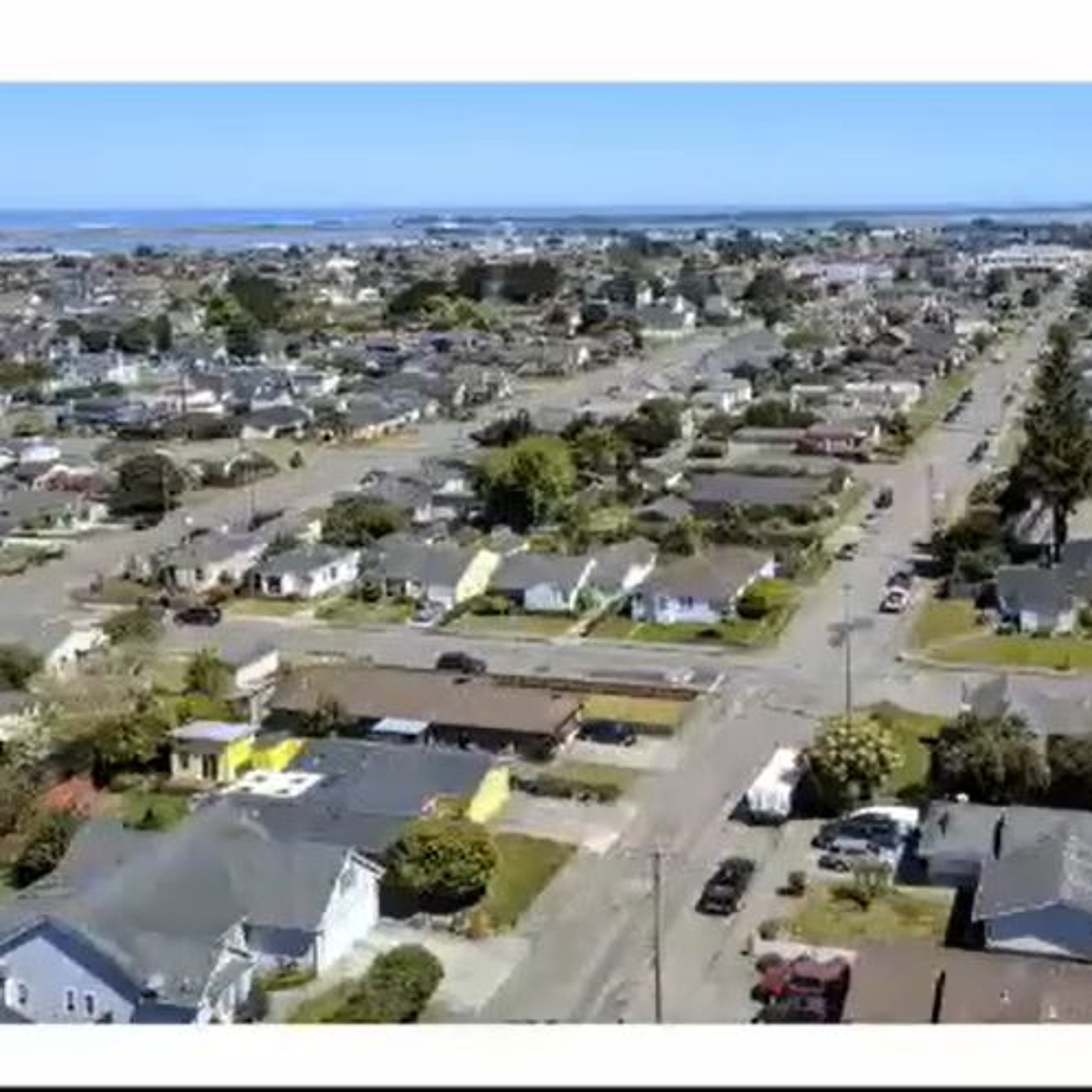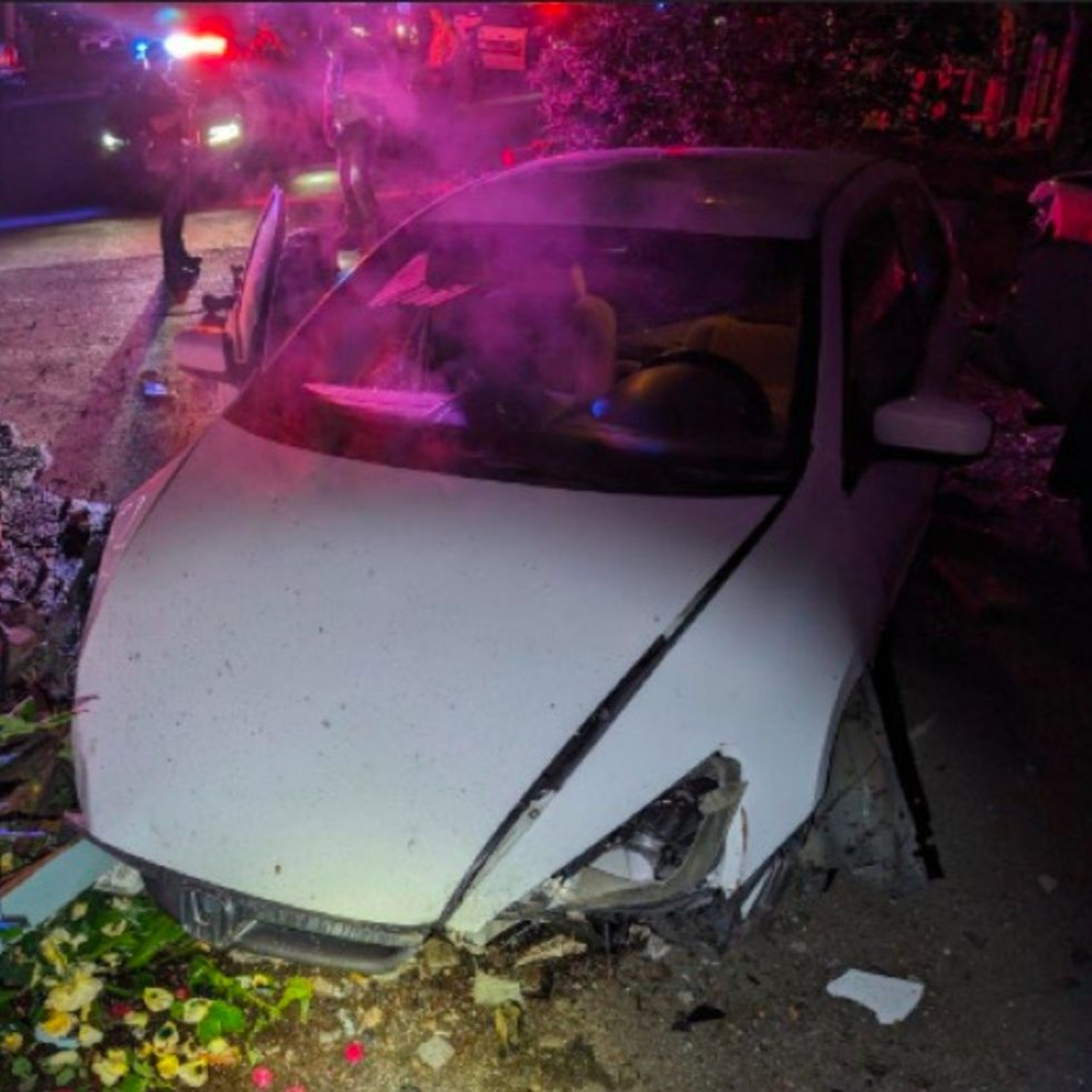Episode Transcript
[00:00:00] Speaker A: In tonight's edition of County Conversations, we feature our monthly check in with Humboldt County's 5th District supervisor, Steve Madrone, who represents the unincorporated areas spanning Fieldbrook and Willow Creek to Trinidad, Hoopa to Orleans and McKinleyville to OREC. Supervisor Madrone, thank you for joining us once again for this check in. There's no shortage of topics to discuss today, but to start, I'd like to give you the floor to provide an overview, overview of the recent legislative priorities that the Board of Supervisors has set for 2025.
[00:00:38] Speaker B: Yeah, certainly. Lauren, good morning. K Mod listeners. So, yeah, you know, a lot of it's the same as what we've had for many years, but a lot of it's been refocused and reoriented. We did a lot of changes with the cannabis platform in particular to try and move legislation ultimately that will help our small craft cannabis farmers with direct sales or writing off your expenses once federal legalization occurs. Although right now that doesn't look like anytime soon. We also had a lot of priorities in there for our rivers, for the Eel, for the Russian, the Trinity and Redwood Creek in particular, and, you know, trying to make sure that we can keep the waters of our watersheds in our rivers for our salmon populations and for our community.
So just really kind of a refocusing, but a doubling down on a lot of what we've had in there before.
[00:01:37] Speaker A: One of the major stories we covered last week was the temporary freeze on federal loans and grants. While that decision was quickly reversed, uncertainty remains about what could happen in the future.
This, of course, raises questions about Humboldt County's financial dependence on federal funding. How much of the county's budget relies on federal grants and loans, particularly given the ongoing efforts to secure earmarked funding.
[00:02:09] Speaker B: Yeah, well, it certainly is problematic. The little big man, he who shall go unnamed, thinks he has a lot more power than he does.
And so he threw out an awful lot of executive orders, and many of those are being challenged in the courts. Some of them were rescinded right away.
And it is problematic because every county, every state does rely on federal funding for much of what it does in many arenas, including social services, roads, and so much more. So it's problematic. But, you know, we're going to have to double down on our efforts at the local level to try and make a difference for our communities and stay focused locally as best we can to get good things done for our constituents. And that's going to take a lot of effort. Under the current regime, shall we call it.
[00:03:06] Speaker A: There have been increasing efforts at the national level to eliminate diversity, equity and inclusion programs. Some policies even aim to remove the observances, such as black history month. However, Humboldt county has taken a different approach, committing to further improvements rather than rolling back DEI efforts. Can you provide an overview of the county's initiatives and explain why local leaders chose to reinforce these programs rather than follow the broader political trend?
[00:03:41] Speaker B: Yeah. Well, I am very proud of Humboldt county on many, many levels. You know, in the recent elections, Humboldt didn't really shift like so much of the rest of the country, nor did California in general. But Humboldt in particular really stayed the course. I mean, you look at the support for all the school bonds, the road measure, and the rest of it. Even under tough economic times, our community continues to support those things that are important for our children, for our economy, like taking care of our roads and things. And our DEI program is, you know, just so amazing.
It has really provided a lot of support to our community. And, you know, this whole idea that somehow diversity, inclusion, equity makes us weaker is just a load of horse manure or some other animal. But any rate, bottom line is it actually makes us stronger. And I think we know that locally that when we protect everybody and we respect everybody, we're better for it. And so that's what we have in Humboldt. We have a great DEI program at the county. We've gotten a lot of positive feedback from our employees and from the community. And regardless of what happens at the federal level, we're going to continue to work on diversity, equity and inclusion and being respectful of each other. Everyone matters, and we show that every day in the way we behave, the way we listen to each other, the way we tolerate differences and instead focus on our common ground. And let's be honest, there is so much common ground between all of us to work on for the next hundred years. So no shortage of things to do, and we're just going to keep doubling down on doing it.
[00:05:28] Speaker A: Humboldt county has been at the forefront of offshore wind development on the west coast and is expected to play a key role in shaping this industry.
Can you share any updates and do you expect challenges as the project moves forward, Particularly in light of shifting federal policies?
[00:05:52] Speaker B: Yeah, well, locally, you know, there's been some concern from the tribes in particular about wind long before he who shall go unnamed by me at any rate, has, you know, thrown out his recent stuff to try and double down on fossil fuel development, redouble down on drilling in Alaska and other places. I think our coasts are safe because there just isn't that much to make it Worthwhile, but frankly, if we could just tap his, his wind, the blowhard would produce a lot of power and energy, you know, from windmills, the way he behaves, frankly.
So I don't know all the details. I know that for us to really develop the offshore wind, we're going to have to be sure that there is the community benefit that we make sure that we mitigate for various species to the best ability we have. We figure out how that energy is going to be distributed. There are a lot of challenges, but, you know, we have to get off this fracked natural gas that Humboldt county is running itself on with pipelines from the Dakotas. So we need to change. There's nothing perfect, there's no perfect green energy. Everything has its pluses and minuses. But I am hopeful that that will continue to move forward and that we will be able to support it along with significant community benefit that needs to accrue from, from the effort.
[00:07:18] Speaker A: And finally, I'd like to ask you about the recent comments made by President Donald Trump regarding Northern California' Some of his statements have been misleading as he suggested that the water is being used for wildfire prevention and mitigation, when in reality, much of it is diverted to big agriculture in the Central Valley. For listeners who may be confused by the political rhetoric, can you break down this issue and explain how it affects Northern California?
[00:07:52] Speaker B: Well, that is a long standing issue, isn't it? The diversion of waters from the north to the south. And there is quite a plumbing system in place to accomplish all that. A lot of the northern water has to go through the delta in the aqueduct in order to make it south. And there are certainly a lot of concerns around issues in the delta. But we can't just use the Trinity water diversions to solve all those problems at the expense of our local agriculture, our local fisheries. So Humboldt county has been working with Hoopa and Yurok and Trinity county to really protect Trinity river waters, make sure that they stay in the system to provide beneficial uses downstream. And we're getting very close to being able to call upon the federal government for our contract for 50,000 acre feet of water, no less than on an annual basis. And we're going to be all working together to accomplish that. So that's a really important measure. Of course, the Klamath river has diversions that go into Southern Oregon. And with the four dams coming out, we know that salmon are now making it home where they haven't been for over 100 years. So a lot of work to do in all of our watersheds. And we're going to be, you know, making every effort we can to protect those watersheds and to make sure that those waters stay here. Interestingly, right now, the diversion tunnel over at Whiskeytown and down into the Sacramento is shot down for maintenance. And so there are tremendous releases coming out of Trinity Lake right now in order to make room for the oncoming atmospheric rivers and other projected rainfall through the winter and spring.
So there's a lot of water being sent down the Trinity right now because they can't send it the other way. But when we all work together, all the tribes and the counties, to protect our watersheds and get this water and keep it in Northern California, we have a much better chance. If we fight over it and we get separated over it, then it's Westlands and the Ag users in the southern, southern San Joaquin that end up getting that water. So. So we're all doubling down on those efforts. And stay tuned. A lot of work to do still in that arena.
[00:10:11] Speaker A: And Supervisor Madrone, before we wrap up, anything else you would like to share with our listeners?
[00:10:16] Speaker B: No, we have a short meeting tomorrow, but some important matters in regards to some permit issues with current construction, problems with operating outside of their permits, and, you know, wanting to convert a lot of heavy equipment to squawkers rather than beepers. You know, there's a lot of conflict that happens when you have a lot of residential, commercial, industrial kind of mixed together, and it requires both sides to really be able to work on trying to live together. We need those jobs, but we can do better at trying to live together in those arenas. And there's a number of other things on the agenda, but given the time is up, I'll leave it at that. And thank you, KMUD again.
[00:10:58] Speaker A: That was Humboldt County's 5th District Supervisor Steve Madrone. KMUD News conducts our county conversation. Check in with Supervisor Madrone on the first Monday of each month. Listeners can submit their questions for elected representatives by emailing news.


